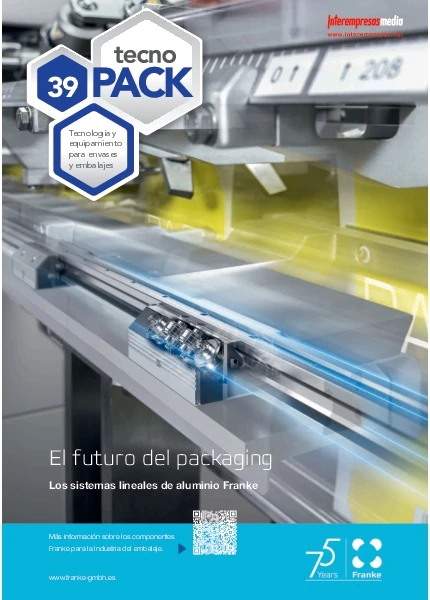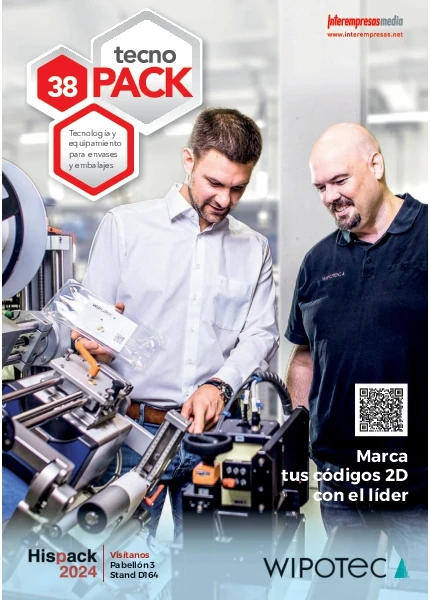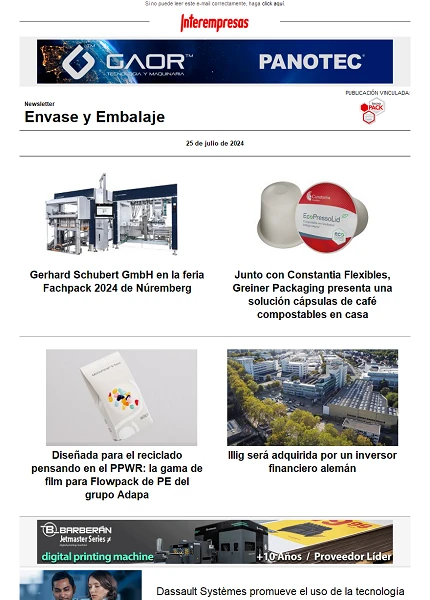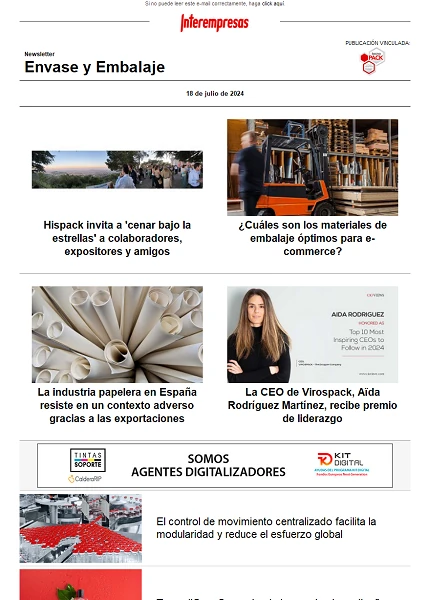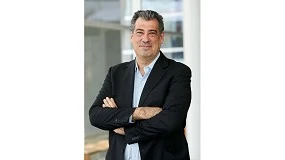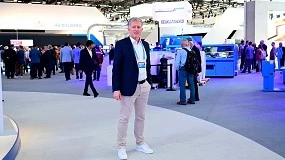Footprint hídrica and Poured 0, big challenges of the industry agroalimentaria in the gestión of the water
According to a survey realised by the INE, whose data presented during a day of innovation on reuse of water in the alimentary industry organised by
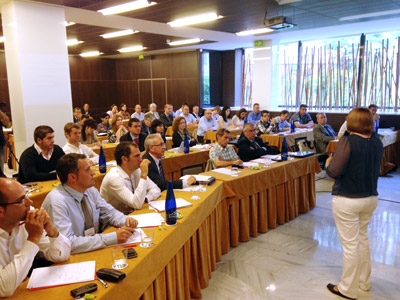
Initiatives stood out
In spite of that the subject of the reuse is beginning to give his first steps in the alimentary industry of Spain, exist already remarkable initiatives in countries like United Kingdom.
Like this, for example, in the United Kingdom has arrived to sectorial agreements like the 'Initiative FHC 2020', in where a high number of companies agroalimentarias have joined to work boards in the commitment to reduce the consumption of water in 20% before 2020. Also they exist examples stood out in English companies of the sector of transformed vegetal, where in some cases arrives to reutilizar 55% of the residual water.
Exigencias Hygienic-sanitary ware
One of the subjects that generated greater interest was the relative to the conditionings in alimentary hygiene and hygiene of installations of the alimentary companies, that force to that the water reutilizada in the industries agroalimentarias fulfil some very demanding requirements and was chord to the methodology APPCC.
As it explained , exist two big focus of reuse. The first centres in the reuse of waters in the own productive process and in the own equipment and installations. It is a focus with big potential of development that supposes an important advance in efficiency hídrica for the companies that tackle it. The second has to see with the reuse of the water in external uses to the own process (agricultural irrigation, gardens, cleaning of trucks, baldeo, etc.).
Cases referents in Spain
Footprint hídrica, saving of consumptions in internal processes and Poured 0 are tendencies that have identified like challenges and tendencies in the next years. Like this they have advanced it professional of the companies agroalimentarias with greater prestige in the gestión of the water and technical experts in the matter.
Julio Sanchís, director of quality, environingingment and alimentary hygiene of Citresa, one of the main companies of the sector of beverages of juices and concentrated pertaining to the group Orangina Schweppes, stood out how have achieved to reduce 15% the consumption of water in his plant of production reutilizando water in his internal process.
Achieved this, in the company are working in a project of European investigation, PhBottle, whose aim is to use the waste water of the process of manufacturing of the juice for the generation of a biopolymer that allow to elaborate a biodegradable container for the own juice, so that his aim is a circular economy in which the own residual water turns into the prime matter of the container of the juice, in whose manufacturing has generated this residual water.
By his part, José Jorge Payá, technical director of The Spaniard, leading company of the sector of olive of table, explained the development of a model of reference in the gestión of the cycle of the water in this industry. To work with Poured 0, the company carries more than 25 years working the innovation and developing own systems of efficiency in consumptions of water and of reuse of waters in his internal processes.
Thanks to a diagram of network in the gestión, The Spaniard achieves to reduce in more than 54% the consumption of water of his productive process, what turns it into one of the alimentary companies more efficient in gestión hídrica. “Innovation and sustainable development are two basic elements in our culture and the only form to achieve progresses and efficiencies”, sñaló in his intervention the technical director of The Spaniard.
One of the projects that have allowed him to the company advance in these results has been Recisal, project of R&D that has achieved that the residual water of the brines, by means of the employment of last technologies of evaporización and oxidation advanced, take advantage of the water regenerated in the own productive process and the solid residue salino excedente uses for animal feeding.
By his part, specialists of the engineers Stenco, Aema, Sitra-Prodesa and Aqualogy, exposed in a diverse round table practical cases of savings in industries conserveras of the tomato, meat sector, cleaning of alimentary containers and in general processes of purification.
In any case, all the strategies orient to a greater efficiency in the use of the water that can be used in the indicator of Footprint Hídrica, as it explained Mónica Kings, of CETaqua.


